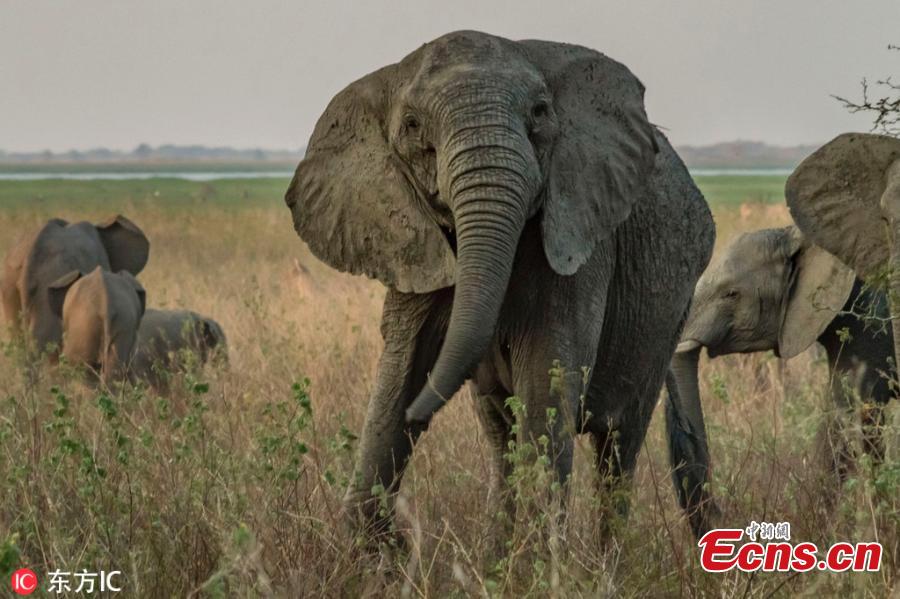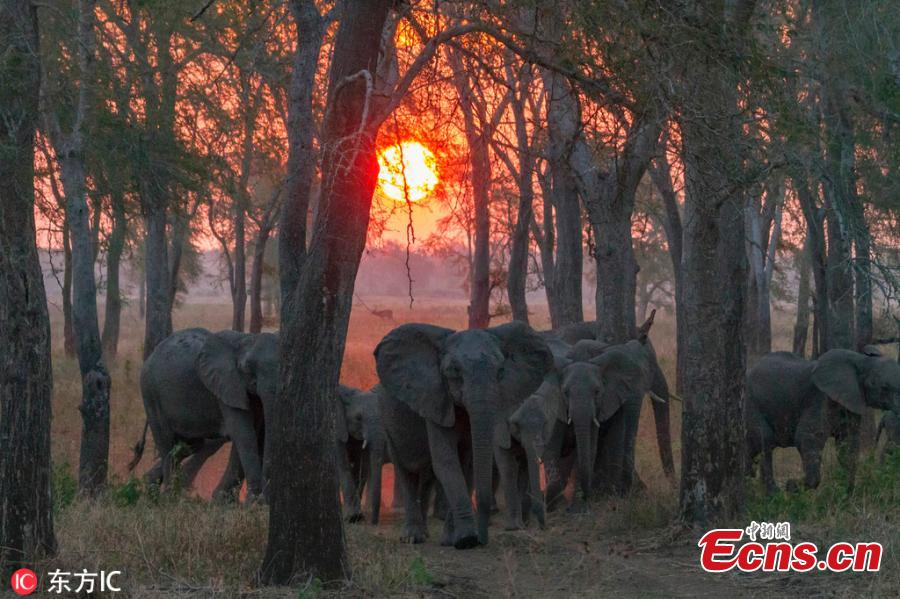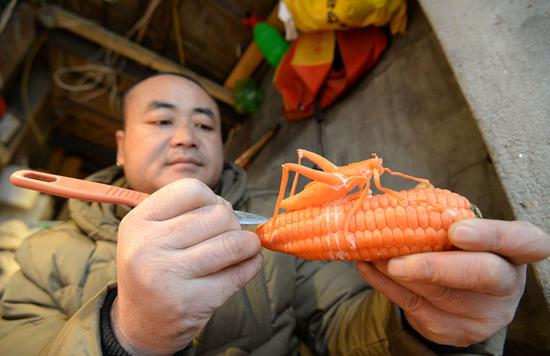
Hunting gave elephants that didn't grow tusks a biological advantage in Mozambique's Gorongosa National Park. Recent researches suggest that about a third of younger females—the generation born after the war ended in 1992—never developed tusks. Normally, tusklessness would occur only in about 2 to 4 percent of female African elephants. (Photo/IC)

Hunting gave elephants that didn't grow tusks a biological advantage in Mozambique's Gorongosa National Park. Recent researches suggest that about a third of younger females—the generation born after the war ended in 1992—never developed tusks. Normally, tusklessness would occur only in about 2 to 4 percent of female African elephants. (Photo/IC)

Hunting gave elephants that didn't grow tusks a biological advantage in Mozambique's Gorongosa National Park. Recent researches suggest that about a third of younger females—the generation born after the war ended in 1992—never developed tusks. Normally, tusklessness would occur only in about 2 to 4 percent of female African elephants. (Photo/IC)























